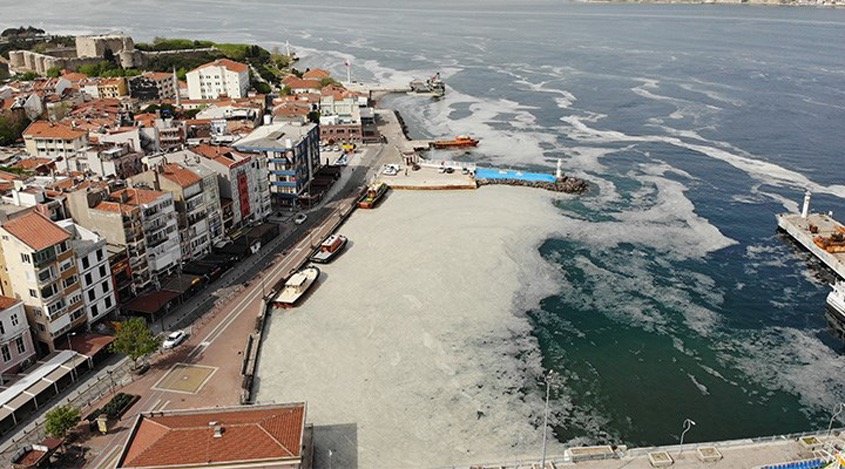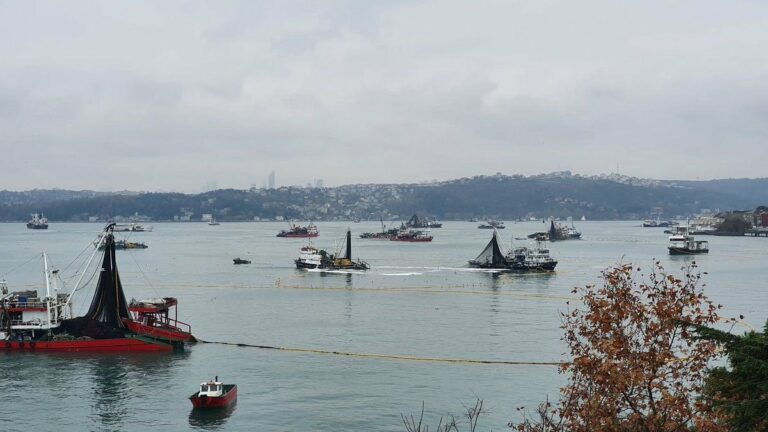A contribution by Thibault Josse, Pleine Mer / URGENCI
Seas surround Turkey on three sides: the Mediterranean Sea to the south, the Black Sea to the north, and the Aegean Sea to the west, and fishing is also common in lakes and rivers in the interior regions of the country. Turkey has been producing an average of 0.6 million tons of fish (including mollusks and crustaceans) per year, with a value of USD 1481 million, and it is a net exporter of sea products. According to an OECD report, the share of small-scale vessels in total production is quite high. The vessels below 12 meters in length accounted for 89.8% of the total number of vessels.

Overfishing, pollution, and illegal fishing are among the problems of small-scale fishers in Turkey. Some species such as bluefin atlantic tuna, swordfish, and mackerel have been no longer appearing due to biodiversity loss. Additionally, in recent years, the mucilage spreading from the Marmara Sea to the Aegean Sea–a kind of plankton explosion that covers the sea surface and prevents oxidation in the sea–endangered food security and brought fish sales to a standstill, which has been resulted in another socio-economic burden to small-scale fishers.
In recent years, direct point-of-sale projects have been implemented or planned in order to cope with socio-economic challenges and to fish more sustainably and equitably. Fisheries cooperatives implement a co-op shop project in Ankara, the capital city of Turkey, and a similar one is planned for the Istanbul region.
Gökçe Yeniev and Istanbul Birlik
Pictures :
Gökçe Yeniev

Through the Erasmus+ project 2019-FR-01-KA204-062955 “Deck to Dish: Community-Supported Fisheries advanced training”

